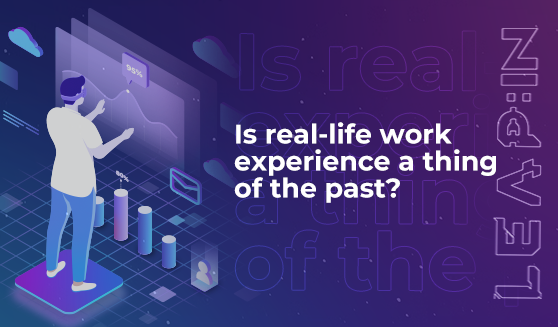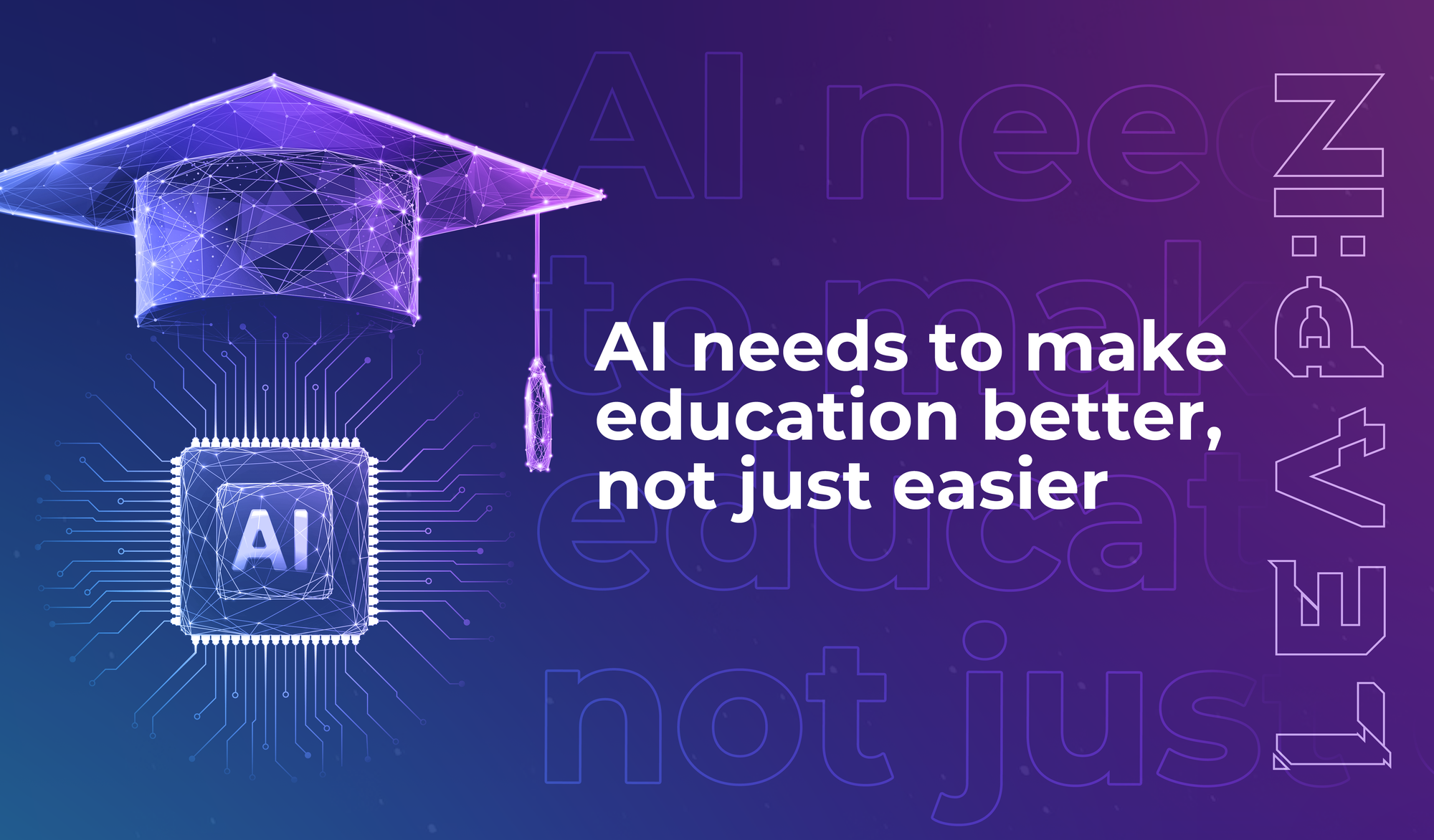
1.5TB of stunning space data from the James Webb Space Telescope
Get some perspective from 800,000 galaxies


Welcome to the 163 new techies who have joined us since last week Friday. If you haven’t already, subscribe and join our community in receiving weekly tech insights, updates, and interviews with industry experts straight to your inbox.
What Ntwali said:
“Our inspiration came from the desire to bridge this divide by creating an innovative, virtual job simulation platform that would prepare students for the workforce while still in university.”
Ntwali was explaining how he and his co-founder, Gabriel Ekman, came up with their startup idea: a digital platform that offers work experience from anywhere. It bridges the gap between education and employment by equipping students with professional skills experience – without requiring them to actually set foot in a physical workplace.
And it got the LEAP team talking about the trials and tribulations of our own early work experience while we were at school – with stories including:

We know that all work experience is valuable in some way, even if it’s not directly related to a student’s career goals. There are always lessons to be learnt, and feeling confused and out of place (then figuring out how to be useful) can build resilience and problem-solving skills.
But simulated work experience offers more variety in opportunities – and allows students to access experiences that are closely connected to their personal goals. Virtual programs could be particularly valuable for students interested in tech careers, with learning opportunities difficult to access outside of major city hubs.
A growing number of platforms offer simulated work experience opportunities for students in a range of different sectors and skill sets, including (but not limited to):
In short: probably not. Or at least, not yet.
Being successful at work isn’t just about technical skills, or measurable experience. It’s also about the more subtle stuff: the ability to adapt to working with different teams, the confidence to make your voice heard in a crowded room, and an awareness of how the different parts and people involved in a process come together to drive results.
So at this moment in time, simulated work experience can’t totally replace in-person experience. But it’s a valuable complementary opportunity that can boost confidence and skills in specific areas – helping to create new generations of students who have all the foundations in place to begin building their careers.
So do we think aspiring tech professionals should engage with simulated work experience?
Yes, absolutely.
And do we think it’s a waste of time for an aspiring techie to do work experience on a farm or in their local ice cream shop?
Nope. Because you’ll learn something valuable there, too.
We love connecting tech students and tech educators at LEAP. Join us in Riyadh for the 2025 edition.
Have an idea for a topic you'd like us to cover? We're eager to hear it! Drop us a message and share your thoughts.
Catch you next week,
Richard McKeon
Vice President of Marketing & Communications, Tahaluf
Mark your calendars for 📅 9-12 February 2025.

Get some perspective from 800,000 galaxies



Get some perspective from 800,000 galaxies

